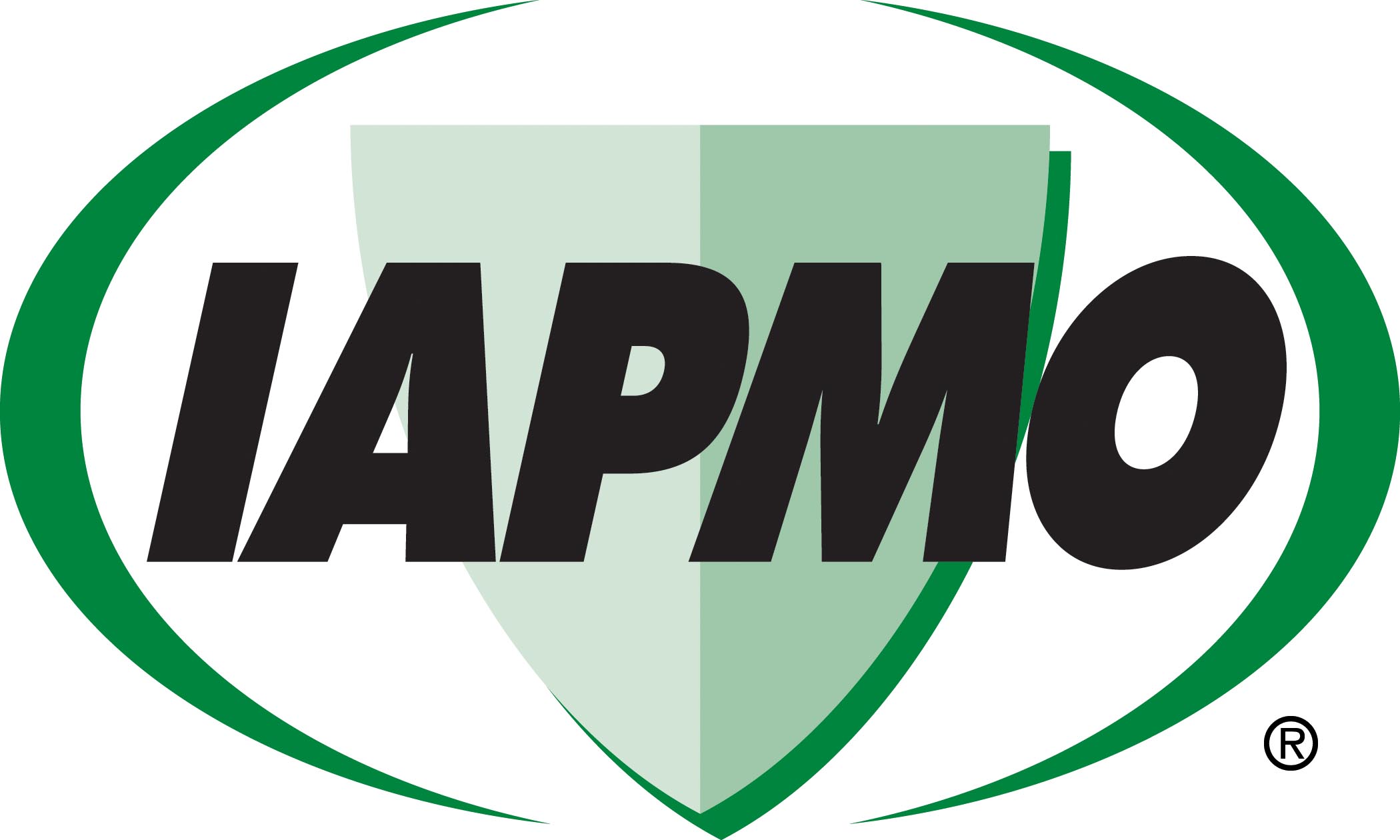The American National Standards Institute (ANSI) announced today the 2009 editions of the Uniform Plumbing Code® (UPC) and Uniform Mechanical Code® (UMC), developed by IAPMO using an ANSI-accredited consensus process and released on March 1, have been awarded designation as American National Standards. This marks the third time the UPC and UMC have earned the designation; the 2003 and 2006 editions were similarly recognized.
ANSI accreditation signifies that the procedures used by standards setting organizations such as IAPMO meet the Institute’s requirements for openness, balance, consensus and due process. This process brings together volunteers representing a variety of viewpoints and interests to achieve consensus on plumbing and mechanical practices. The UPC and UMC are the only plumbing and mechanical codes of practice to be named American National Standards.
Introduced in Los Angeles in 1928 and formally published as the Uniform Plumbing Code in 1945, the UPC is developed to govern the installation and inspection of plumbing systems as a means of promoting the public’s health, safety and welfare. Later published by IAPMO in 1967, the UMC provides the same governance for mechanical (HVAC, combustion, exhaust, refrigeration) systems. Developed and subsequently republished at the conclusion of each three-year code cycle, the UPC and UMC are designed to provide consumers with safe plumbing, heating and mechanical systems while, at the same time, allowing latitude for innovation and new technologies.
“We are extremely proud to once again have the UPC and UMC recognized by ANSI in this manner, primarily because this designation reaffirms our true consensus development process and the fact our procedures allow each and every stakeholder a voice and a vote in the final product,” said GP Russ Chaney, executive director of IAPMO.
The 2009 UPC and UMC were formally released on Sunday, completing the third ANSI-accredited development cycle for each code. Key changes to the 2009 UPC include new requirements for the installation of nonwater urinals, new requirements for distribution of hot water and updates and revisions to the identification of potable and nonpotable water systems. Key changes to the 2009 UMC include new requirements for outdoor air ventilation, new requirements for the protection of mechanical equipment against flood damage and new approved referenced standards for hydronics systems.
IAPMO now looks to gain the ANS designation for its Uniform Solar Energy Code® and Uniform Swimming Pool, Spa and Hot Tub Code®, with new editions developed for the first time using an ANSI-accredited process due later this year.
The public at large is encouraged and invited to participate in IAPMO’s open consensus code development process. A code development timeline and other relevant information are available at IAPMO’s Website.
The development cycle for the 2012 UPC and UMC formally kicks off May 4-5 at IAPMO’s annual Technical Committee Meetings at the Hilton St. Louis at the Ballpark in St. Louis, Mo. To find out more about the procedures necessary for participation at the TC Meetings and/or get help registering at the hotel, direct your Web browser here.
Sponsor of the Uniform Codes, IAPMO – The International Association of Plumbing and Mechanical Officials – works in concert with government and industry for safe, sanitary plumbing and mechanical systems. Learn more about IAPMO at www.iapmo.org.

IAPMO
IAPMO develops and publishes the Uniform Plumbing Code®,the most widely recognized code of practice used by the plumbing industry worldwide; Uniform Mechanical Code®; Uniform Swimming Pool, Spa and Hot Tub Code®; and Uniform Solar Energy, Hydronics and Geothermal Code™ — the only plumbing, mechanical, solar energy and swimming pool codes designated by ANSI as American National Standards — and the Water Efficiency Standard (WE-Stand)™. IAPMO works with government, contractors, labor force, and manufacturers to produce product standards, technical manuals, personnel certification/educational programs and additional resources in order to meet the ever-evolving demands of the industry in protecting public health and safety.
Last modified: December 30, 2022
